Illustration: CCP Police Vehicle (China Photos/Getty Images)
[People News] On July 20, YouTuber Zhou Mingfeng (known online as “Master Zhou”) revealed startling information: Ye Hanbing, Vice Governor of Sichuan Province, Party Leadership Group member, Deputy Secretary of the Political and Legal Affairs Commission, and Chief Inspector of the Public Security Department, is reportedly one of Xi Jinping’s most critical allies within China’s state security apparatus. While serving as Police Chief of Hangzhou, Ye may have shielded or tolerated collaboration between Chinese state security forces and the U.S. CIA. His subordinate Lin Gang is said to have a drug addiction, and now several overseas state security agents have formed independent factions, joining international anti-CCP alliances.
1. State Security Agents Using Drugs, Senior CCP Officials Involved in Espionage
According to Zhou’s revelations, around 2015, the Kokang rebel army in Myanmar launched an insurrection, allegedly tied to China’s domestic “Huang Han circle” and the political-economic interests of Hangzhou’s Public Security and State Security departments. Online sources indicate that Lin Gang was arrested in Myanmar in 2010 for criminal charges and later recruited by Chinese state security to continue working for them in Myanmar.
Zhou claimed Lin Gang was addicted to drugs, looked haggard, and displayed abnormal mental behaviour. He added that Lin was not alone—many top-level state security officials were also habitual drug users. Their thinking had become distorted and extremely radical.
Zhou also revealed that the previous two top leaders of the Chinese Communist Party had ties to Islam and the U.S. CIA. He did not disclose names but suggested that if the full truth were exposed, it would implicate thousands of high-level officials in espionage activities.
An article from The Epoch Times in 2014, titled "Photo of Jiang Zemin with Alleged KGB Spy Mistress Exposed," claimed Jiang Zemin was a Russian spy, with photographic evidence reportedly available on Baidu.
Zhou said he was persecuted by the CCP after aligning himself with the “Huang Han” nationalist ideology. While in exile, he discovered further connections between the Kokang rebel forces, the CIA, and Chinese state security operations in Myanmar.
He also exposed Ye Hanbing’s alleged role in forming the “Kokang Promotion Association” in Myanmar, which he claims was linked to the CIA.
According to public records, Ye was Chief Inspector of the Sichuan Public Security Department and had long served in Hangzhou. In 2014, he was promoted to Deputy Director of the Zhejiang Public Security Department and became a Hangzhou Party Standing Committee member and Public Security Bureau Chief. On June 24, 2025, it was reported that he had been dismissed from his position.
Gong Zheng, currently the Mayor of Shanghai, is allegedly associated with Shi Yue (author of Those Ming Dynasty Stories), and both are described as organisers behind the activities of the “Huang Han circle.”
Zhou concluded that espionage hubs are concentrated in Shenzhen, Fujian, and Wenzhou, while Jiangsu state security is under the influence of CIA spy networks, engaging in systematic treasonous activities.
2. Similar Cases: She Zhijiang and Guo Huaping
The claims involving Lin Gang and Ye Hanbing resemble the cases of She Zhijiang in Thailand and Guo Huaping in the Philippines.
In August 2022, She Zhijiang was arrested in Thailand. From prison, he recorded videos revealing that he had worked for Chinese state security. He claimed he was recruited in 2016 by an individual with the code name “Ma Dongli” and assigned to serve the Belt and Road Initiative. Under state security orders, he operated the “Shuigou Valley” fraud park in Myanmar. He portrayed himself as an abandoned agent and declared he would never return to China, fearing assassination.
In September 2024, Al Jazeera aired a 101 East documentary featuring an interview with She Zhijiang. In the interview, she publicly addressed Guo Huaping, who was residing in the Philippines, urging her to admit to the Philippine government that she was a state security undercover agent. Guo denied the claim on camera, but the Philippine government had already formed a special investigation unit, placing her under restrictions.
On June 29, 2025, the Manila Regional Trial Court ruled that Guo Huaping was “undoubtedly Chinese,” thereby invalidating her position as mayor of a Philippine city. According to The Wall Street Journal, a Philippine Senate investigation found that Guo was involved with numerous pig-butchering scam parks and POGO (Philippine Offshore Gaming Operators), assisting criminal organisations in carrying out transnational fraud, with solid evidence of criminal activity.
On July 20, Zhou Mingfeng again exposed that Chinese state security is deeply involved in espionage, drug use, and trafficking across Southeast Asia and maintains murky ties with the CIA. It is clear that the CCP's own state security forces are no longer satisfied with criminal activity limited to China—they are now reaching across borders to execute a wide range of international criminal operations.
3. State Security Agents Form Independent Factions to Oppose the CCP
Zhou Mingfeng described the “Huang Han” organization as a form of extreme Han ethnic nationalism. It emphasises Han Chinese civilisation as the core, opposes minority privileges, and rejects foreign cultures and ideologies.
These groups have formed communities on CCP-affiliated apps, where they spread and promote nationalism. Many of the aggressive, revivalist “national rejuvenation” narratives circulating online are allegedly orchestrated and steered by members of this organisation behind the scenes.
Last month, journalist Jiang Wangzheng exposed some social rumours involving Ye Hanbing, which closely align with Zhou’s revelations. Another commentator, "Youliao," recently claimed on a broadcast that Xi Jinping’s anti-corruption campaign isn’t truly about fighting corruption or eliminating political opponents. So could it actually be aimed at dismantling the CCP’s internal state security factions?
According to Zhou Mingfeng, in 2006, the Taihu University Hall was established in Miaogang Town, Wujiang District, Suzhou, Jiangsu Province, along with the founding of the Nan Huai-Chin Academy. This reportedly facilitated connections with elements inside the Taiwanese government. From this, Zhou concludes that Jiangsu’s state security apparatus is systematically engaging in anti-CCP activities.
It is no secret that the CCP has long used its state security apparatus to infiltrate other countries. In response, the United States has established a comprehensive national security system led by the FBI, with collaboration from the CIA and NSA, backed by judicial authority and technological support. Taiwan, for its part, has enacted laws such as the National Security Act, National Intelligence Work Act, and the Anti-Infiltration Act (passed in 2019) to counter CCP espionage.
Zhou Mingfeng’s revelations offer new insights. It turns out that CCP state security agents are not merely collecting intelligence—they have amassed nation-level wealth through telecommunications fraud. According to a UNODC (United Nations Office on Drugs and Crime) report, global scam losses in 2023 totalled approximately $1.026 trillion USD. Of this, Asia accounted for around $688.4 billion, while the United States alone lost $5.6 billion. In 2024, scams linked to Chinese actors cost the U.S. an estimated $5 billion.
In March 2025, Vietnam uncovered a Chinese-run scam ring involving 570 million RMB. Recently, former U.S. President Donald Trump called on the CCP to crack down on fentanyl trafficking. Could drug trafficking be another major enterprise run by these actors? If these groups possess nation-level wealth and independent armed forces, is it possible they are indeed building their own power bases in open opposition to the CCP?
Whether Zhou Mingfeng’s revelations are entirely accurate remains to be seen. But as the Beidaihe Conference of the CCP leadership approaches, even more hidden truths may begin to surface.
(Originally published by People News)

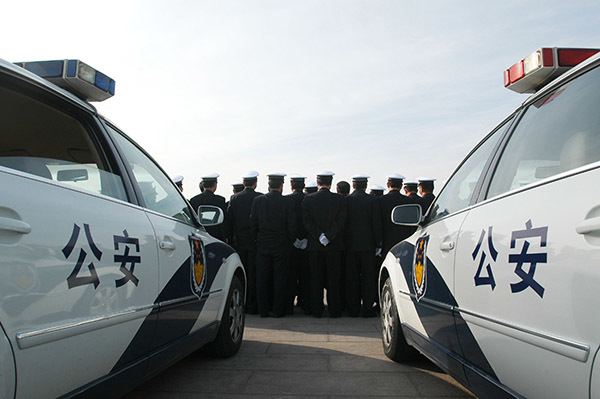

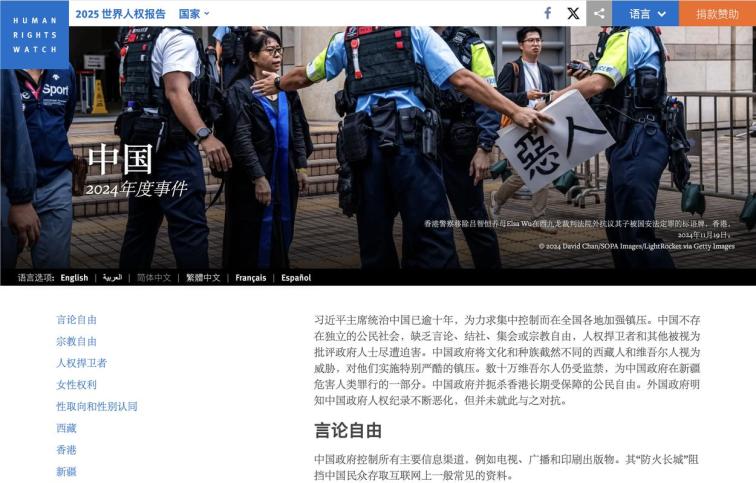
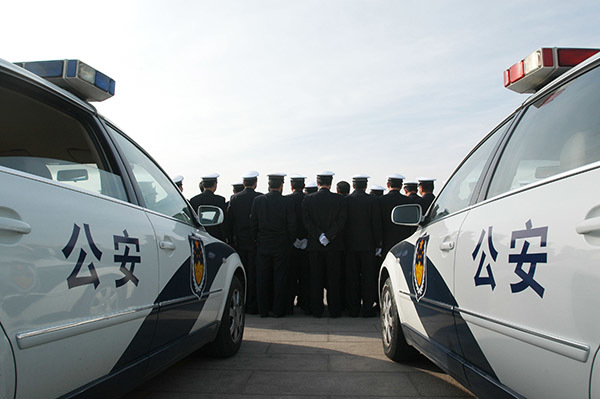
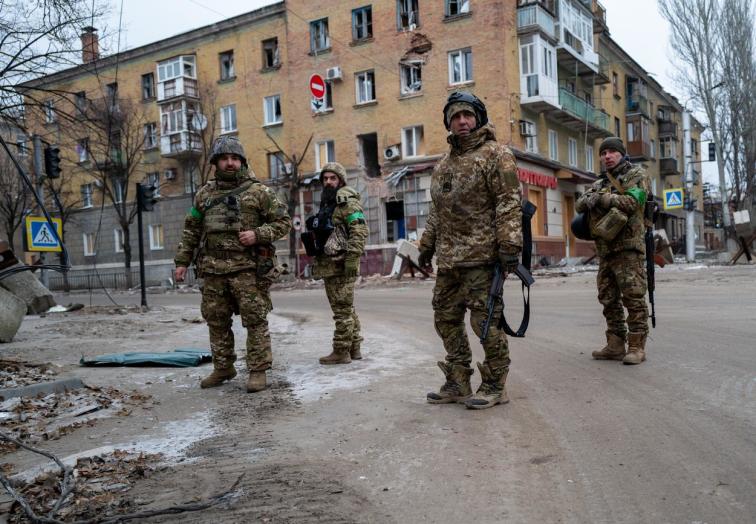

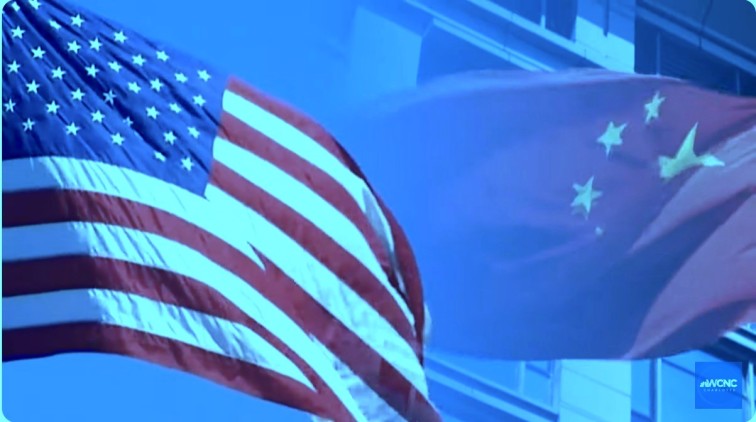



News magazine bootstrap themes!
I like this themes, fast loading and look profesional
Thank you Carlos!
You're welcome!
Please support me with give positive rating!
Yes Sure!